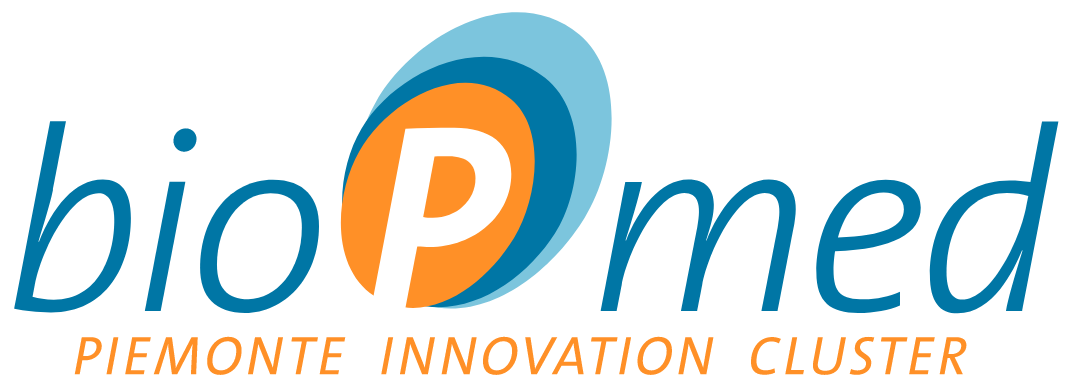Details
Project title: Near net shape technologies for biomedical devices made of titanium or its alloys
Acronym: TINET
Coordinator: Bionica Tech s.r.l.
Type: Feasibility study
Annuality: Second
TP/LS membership: TecnInn/HMNA2
Capofila: Bionica Tech s.r.l.
Subjects involved:Traumavet, Procelltech, Polytechnic of Turin (Dept. of Materials Science and Chemical Engineering), EPoS
Status: Completed
Download report »
Abstract: TINET was aimed at evaluating the use, for the production of implantable biomedical devices, of near-net-shape manufacturing methodologies: sintering by capacitive discharge and rapid solidification. These technologies are already used for the micromechanics sector, and their technology transfer is of potential strategic interest. The application of interest is in the orthopedic and cardiovascular fields.
Contact for further information
Name: Silvia Spriano
Organization: Polytechnic of Turin-DISAT
Address: Corso Duca degli Abruzzi, 24-10129 – Torino
Phone: 011 090 5768
Fax: 011 090 4624
E-mail: silvia.spriano@polito.it
Website: www.composites.polito.it
THE PROBLEM ADDRESSED
The materials studied were commercially pure titanium, Ti-6Al-4V alloy, and super-elastic Nitinol alloy. These materials are, in fact, widely known for their mechanical and biocompatibility characteristics, which make them particularly suitable for ‘application in implantable biomedical devices. The use of metal powders and rapid solidification methodologies appears, at present, to be rather limited, for these materials, and for the biomedical sector in particular.
The proposed technologies allow, to obtain the finished device through a very small number of manufacturing steps, jointly with improved material performance and without incurring the critical issues for traditional sintering. These technologies have some significant advantages over established forming technologies: optimization of material properties, greater complexity of obtainable shapes, and containment of processing time and costs.
Reducing/eliminating traditional machining and surface finishing operations can lead to a two-thirds reduction in costs.
THE ACTIVITIES CARRIED OUT
Activity 1: Ti-6Al-4V for orthopedic implants
Laboratory specimens of titanium grade 5 (Ti-6Al-4V) were produced via capacitive discharge sintering, also using powders with very fine microstructure (at the micro- or nanoscale), in order to achieve an increase in the mechanical performance of the material.
Activity 2: Porous Ti for bone substitutes.
The activity involved laboratory-scale production of commercially pure titanium samples with macroporous structure for application as bone substitutes. The technique of sintering by capacitive discharge and that of polymer sponge replication were applied and compared.
Activity 3: Nitinol for cardiovascular and orthopedic devices.
Ni-Ti laboratory samples were produced via rapid solidification and
capacitive discharge sintering.
Activity 4: In-vitro evaluation of materials produced
The biocompatibility and absence of cytotoxicity of the produced materials was evaluated. It was verified that the microstructures obtained, as well as the creation of a highly porous structure, do not result in increased ionic release from the innovative material. It is therefore material safety testing and, in the case of porous titanium, an initial assessment of its efficacy,for the purpose of superior osseointegration.
PROJECT RESULTS
The study made it possible to verify that the proposed technologies are applicable to the materials of interest, and laboratory specimens were made that exhibit interesting properties (in the case of Nitinol, for example, high density, absence of precipitates and inclusions, fine microstructure). The feasibility study is by nature limited in duration (1 year), which is why the results obtained cannot be considered exhaustive, however promising, and will be developed further by the partners involved in the research.
PROJECT NUMBERS
- Other Private Partners: Traumavet s.r.l., EPOS s.r.l., Procell Tech. Ltd.
- Other Public Partners: Polytechnic of Turin (DISAT)
- Total number of partners: 5
- Number of employed researchers (fixed-term and permanent and cocopro) involved: 9
- Duration in months: 12
- Total budget: 173000 euro
- Funding: 89500 euro
- Number of scientific publications: 1
- Number of presentations at conferences and seminars: 1
- Number of public researchers involved: 2
